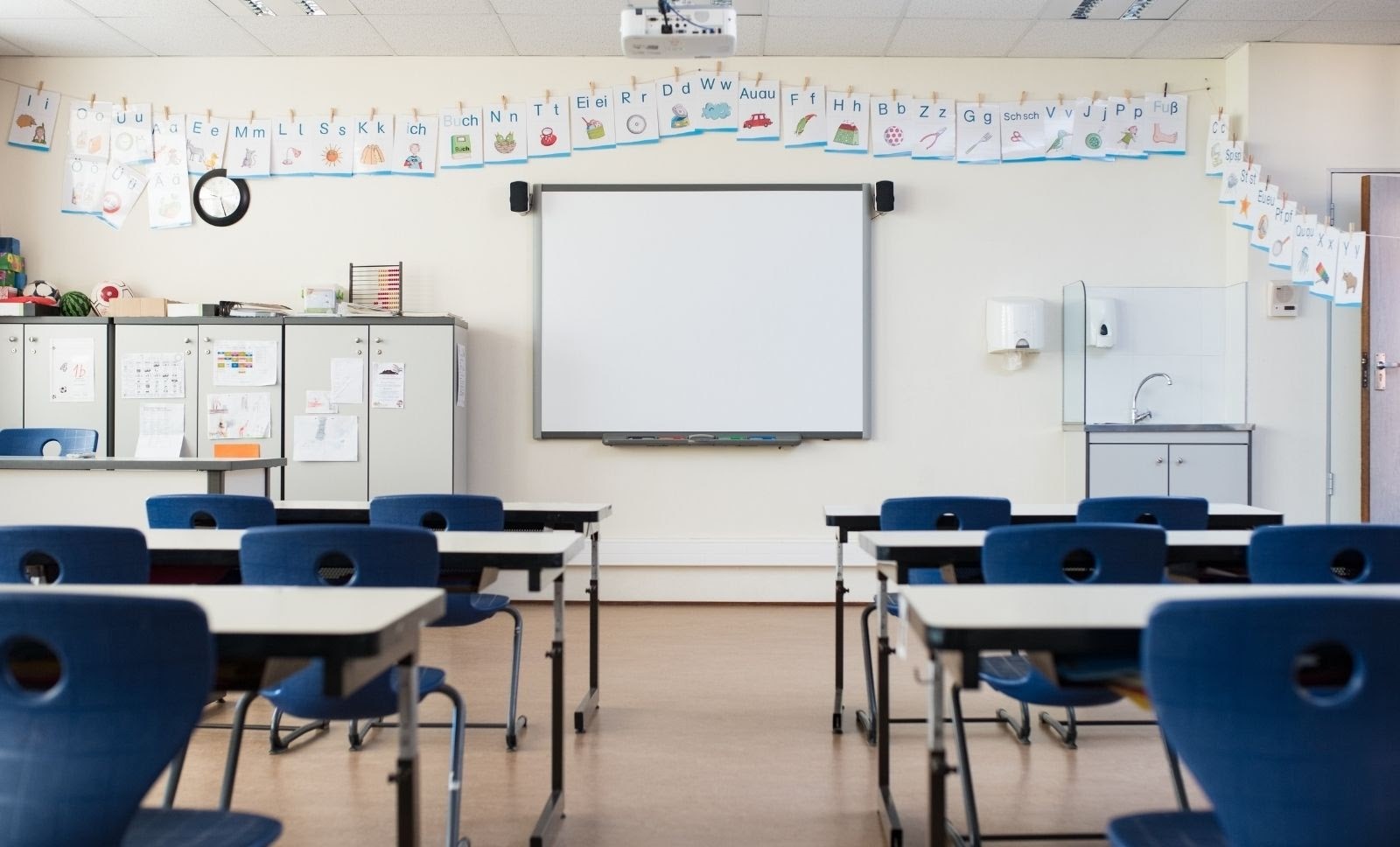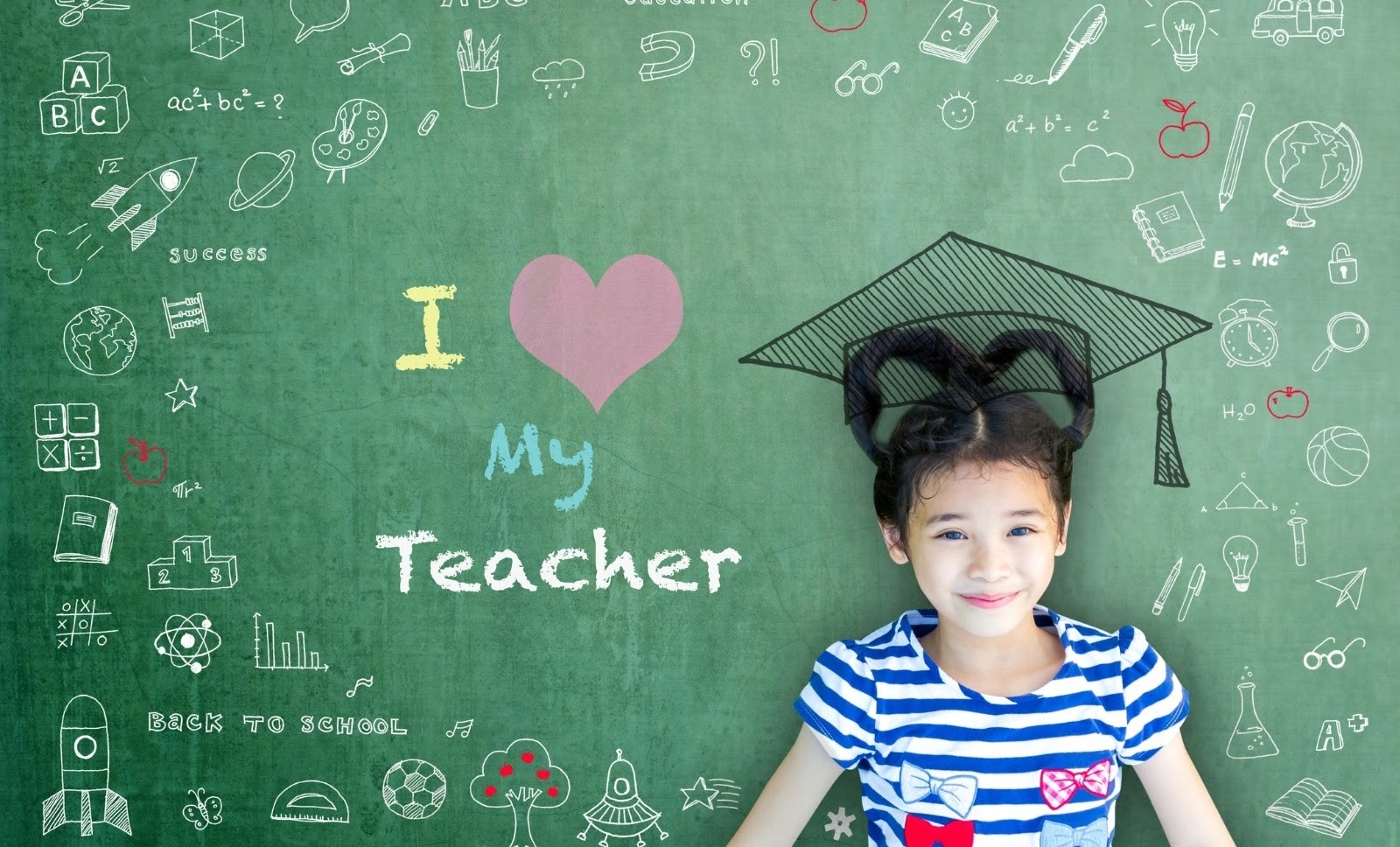We have all have “that one teacher” that rises above the rest in our minds. Think about who that teacher was for you. Then, ask yourself what you remember about them. Was it the content they taught? Was it how they made you feel? Were they your champion? Your adversary? How did that teacher help you experience success?
As I ponder the answers to these questions, I can think of many teachers that helped me experience success when I was in school. They all had one thing in common ( and no, it was not that they were all English teachers). Their commonality was making it their priority to build a strong relationship with me and establish a strong classroom culture.
Over the course of our careers I’m sure that we have all been gifted with all sorts of advice about how to be better teachers. We have all sat through hours of professional development discussing students growth and proficiency. While student growth is vital, I believe the most important thing I can do to ensure students success in my class is to be their champion. Our students need and deserve outrageous love. John C. Maxwell said it best when he said, “Students don’t care how much you know until they know how much you care.” Taking the time to know, understand, and love my students has always been vital to ensuring their success.

Students Need Outrageous Love
The primary way that I begin establishing relationships with students in my classroom and building a strong class culture is to give outrageous love.
So, what does outrageous love look like in the classroom? It is a classroom where students are being told they are loved, praised, and one in which their cultures and identities are being honored.
As teachers, our hearts and minds must be open to the idea of practicing outrageous love first. Once your heart and mind is open to giving outrageous love, your students will notice right away.
But what does that look like? Here’s a primer on my classroom:
- Every child is greeted with their name, a smile, and emotional check in.
- Their cultural and ethnic identities are celebrated and incorporated into what my classroom looks like and into the materials that we read.
- Making time for one on one conversations with students about their life, their families, what they love, and how they like to be motivated.
- Communicating and showing love to students in spite of mistakes by giving a fresh start every single day.
As teachers, sometimes it is difficult to know the difference that we truly make in young people’s lives. However, we must remember just how significant we can be.
A 2020 study released from Yale University found that, ‘nearly 75% of the students’ self-reported feelings related to school were negative.” As we return to the physical classroom, now more than ever, our students need to be seen, heard, loved, and celebrated.
Practicing outrageous love will lead to a change in the way your students feel about school and ultimately your content as well.

The Intersection of Relationships & Student Growth
This last year I mostly taught virtually, but when we returned to in person learning, I received a brand-new roster. I had less than 3 months until the end of school, end of the year benchmarks and End of Grade Testing.
Luckily, I had a few students who had been with me all year long who were able to carry over the culture of love and community that I had worked so hard to establish online.
I had one student in particular that I was worried about. He hadn’t shown up online regularly and told me the first day that he hated ELA class and wanted to be at home.
I told him that was okay, not everyone likes ELA (myself, I don’t really care for Math) and that my goal for the day was to make him want to come back tomorrow. We played soccer at recess, I asked for his recommendation for our lunchtime movie (since students were not allowed to talk during lunch) and then got his input on what water bottle stickers I should buy for our class incentive program.
The end of the day rolled around and his bus was the last one to arrive. After a while he asked if I knew that his house had burned down over the summer. I replied that I did not. He talked about how devastating that was for him and that was a large part of why he did not feel motivated to come to school online. He also told me that ELA was his hardest subject. Spending extra time on day one allowed me to fully understand where this student was coming from. I knew about his past, his family and what he liked. As he left for the day I said, “See you tomorrow, I love you!” (my daily dismissal goodbye) and he just smiled and said, “Yeah, we will see.”
He did not miss one day of in person school. He started participating more in class and volunteered to answer questions. He formed a power trio of boys that kept the energy high, even when the content was not always the most interesting.
His end of the year benchmark score went up 17 points from the beginning of the year. I firmly believe that the connection I formed with him allowed him to perform his best.
Education Week reports, “A Review of Educational Research analysis of 46 studies found that strong teacher-student relationships were associated in both the short- and long-term with improvements on practically every measure schools care about: higher student academic engagement, attendance, grades, fewer disruptive behaviors and suspensions, and lower school dropout rates. Those effects were strong even after controlling for differences in students’ individual, family, and school backgrounds.”
And students are not the only ones who benefit from strong relationships.

Other Benefits of Strong Relationships
Creating strong bonds with our students ultimately make our jobs as teachers richer, more joyful, and more exciting.
When your students know you care about them, they in turn care about you and will be your biggest support and cheerleaders.
Rita Pierson and her TED Talk, “Why Every Kid Needs a Champion” comes to my mind. She tells the audience, “I taught a lesson once on ratios. I’m not real good with math, but I was working on it. And I got back and looked at that teacher edition. I’d taught the whole lesson wrong. So I came back to class the next day and I said, “Look, guys, I need to apologize. I taught the whole lesson wrong. I’m so sorry.” They said, “That’s okay, Ms. Pierson. You were so excited, we just let you go.”
So open your heart and mind to outrageous love, because once you do, you will be filled with the same love and joy that you pour into your students.
Doing the Work
Here are some of my favorite experts, readings and resources on building better relationships with students:
- Rita Pierson’s TED Talk “Why Every Kid Needs a Champion”
- Dr. Sharrocky Hollie and the Center for Responsive Teaching and Learning
- Capturing Kids Hearts
And remember that every day is a fresh start for you as well. If you struggle or make a mistake, show yourself the same outrageous love you show your students. My colleague, David, wrote an amazing two part series on the benefits of empathetic classrooms. Check them out for more concrete information on the why and the how of creating a truly welcoming space for your students.




1 reply on “Strong Relationships in the Classroom: The Key to Culture and Growth”
This is a great article and so true! I have many students that will come now and tell me how they loved my class because they felt comfortable and felt they can be themselves and it’s Okay, in my room.